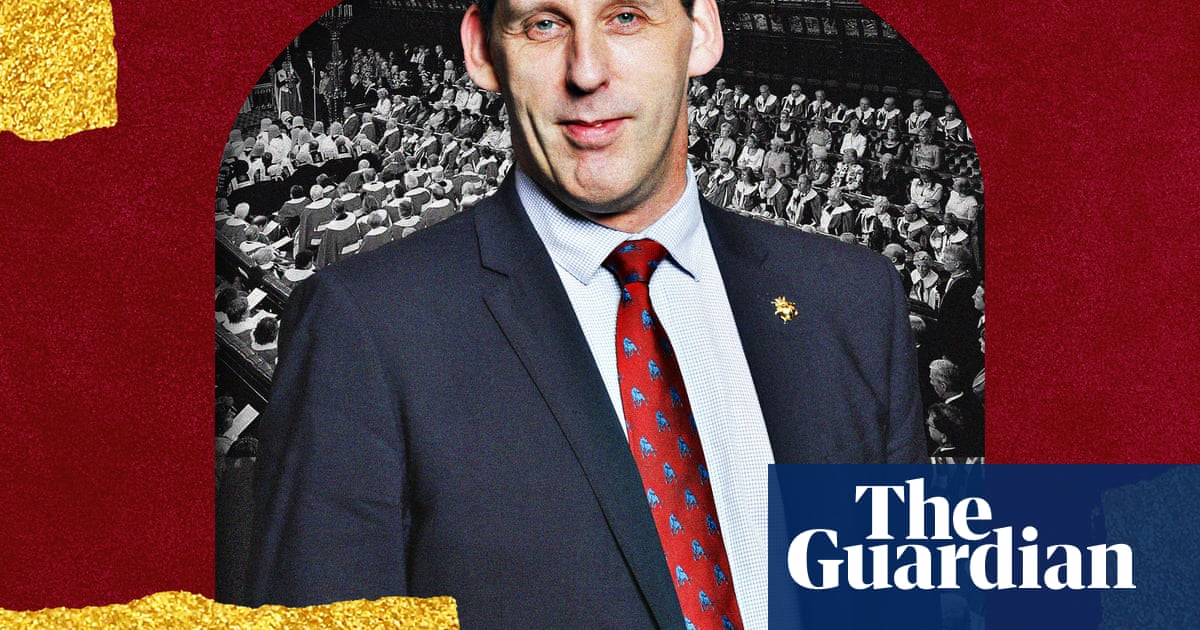TheHouse of Lordswatchdog has launched an investigation into a Conservative peer who helped to secure a meeting with a government minister for a Canadian nuclear technology company he was advising.
The watchdog will examine evidence that Ian Duncan potentially breached parliamentary rules when he facilitated an introduction between the minister and the company’s chief executive while he was on the company’s advisory board.
He is the fourth peer to face a conduct inquiry after a project by the Guardian examining the commercial interests of members of the upper chamber. Two others, Lord Dannatt and Lord Evans of Watford are under investigation. Earlier this month, Iain McNicol, a Labour peer,apologised for breakingtheHouse of Lordscode of conduct after he had written to the Treasury to promote a cryptocurrency firm that was paying him.
TheLords commissioners for standardshas launched the inquiry into whether Lord Duncan of Springbank had breached the rules that forbid peers from seeking “to profit from membership of the house by accepting or agreeing to accept payment or other incentive or reward in return for providing parliamentary advice or services”.
Duncan has previously denied that he had broken the rules.
The investigation comes after theGuardian revealed in Aprilthat he had helped the company, Terrestrial Energy, to secure the meeting in 2023 with Andrew Bowie, the nuclear minister at the time.
The meeting enabled Terrestrial Energy’s chief executive to lobby for easier access to UK government funding.
Terrestrial Energy is developing a new kind of nuclear reactor that it believes can be built more quickly and cheaply than traditional nuclear power stations. As part of the drive to meetnet zero targets, the British government has been providing grants to companies working todevelop new technologiesin this field.
Duncan, a former junior climate minister, has been an adviser to the company since 2020.
He has not received a salary for the position but was given share options instead. These options give him the right to buy shares in the company at a preferential rate if they become profitable.
Documents released under freedom of information legislation show that, in 2023, Duncan forwarded a letter from Simon Irish, Terrestrial Energy’s chief executive, to Bowie.
In the letter, Irish asked for a meeting with Bowie to “introduce himself and Terrestrial Energy” so he could brief the minister on the company’s products. He also wrote that, with a partner, the company had “applied for a grant from [the] UK’s nuclear fuel fund programme”.
In his email to Bowie, Duncan, signing himself off as “Lord D of S”, said: “Sorry this letter has taken so long to get to you … The chap in question is in town week commencing 1 May, if you have any availability. I realise it’s short notice but I thought it might be better than a zoom. Good to see your youngster bobbing up on my time line beaming away merrily. Please pass on my best wishes to [name blacked out].”
A Whitehall official sent an email back to say Bowie “would be pleased” to meet Irish, and requested his contact details. Duncan provided them. He also forwarded the civil servant’s email to Irish, advising the chief executive to contact officials directly to set up the meeting.
When previously contacted, Duncan said that he did not believe he had broken Lords rules and that the meeting was a “continuation of the dialogue” between Terrestrial Energy and the government, as the company had held previous meetings with ministers and officials before his involvement.
“In forwarding on this letter to Andrew Bowie, I was introducing a representative from a company already known to the government and with whom the representatives of the government had met previously.”
Terrestrial Energy, he added, had not given him any further share options since 2020 nor any other remuneration. “Such options in private companies have no value when granted, and only have prospective value on an exit, which is entirely uncertain, and may be many years after the grant.”
Duncan, who has been a peer since 2017 andis a deputy speakerin the upper chamber, did not attend the meeting that took place in June 2023.
